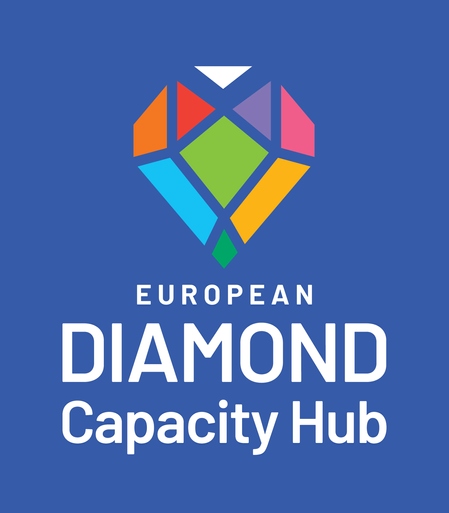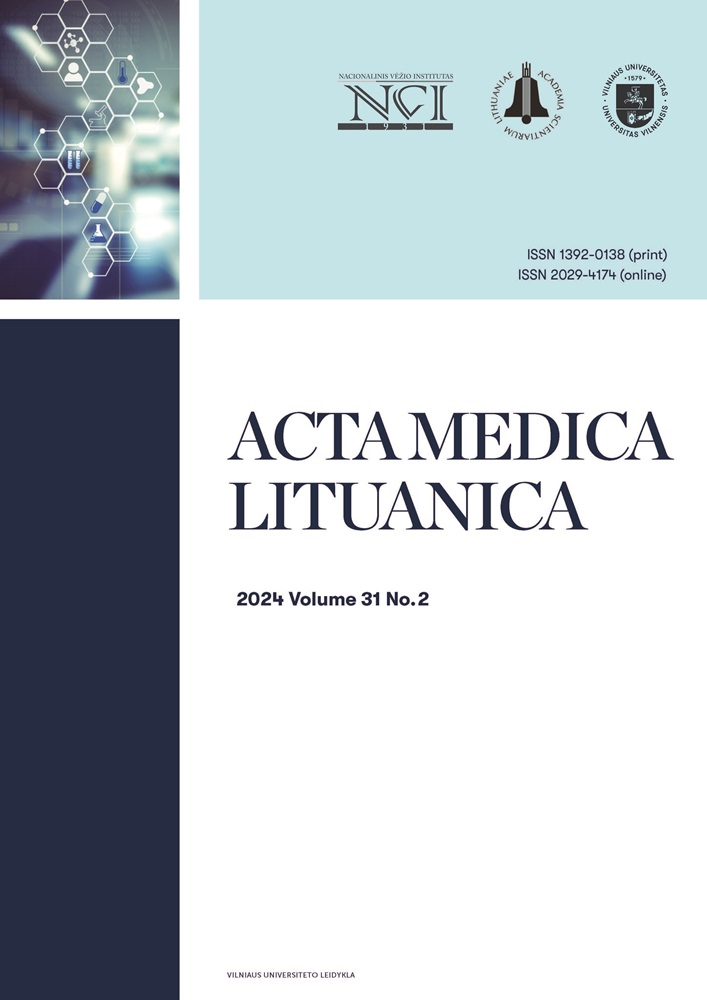DOAJ launches the ‘Subscribe to Open’ (S2O) Label
As of 6 March 2024, DOAJ introduced journal labels in its metadata, starting with the Subscribe to Open (S2O) label. This label highlights journals committed to open access by converting from gated access through institutional subscriptions. Currently, 61 journals have received the S2O label. This new feature helps users identify open access journals more easily in search results and on individual journal pages. Additionally, DOAJ has updated its metadata with new CSV and JSON fields. DOAJ plans to explore more labels and update its application guide accordingly.






